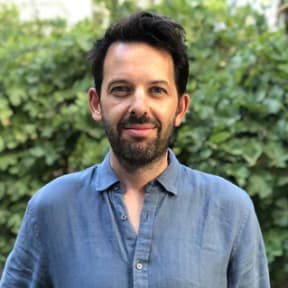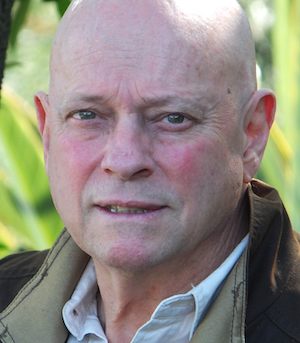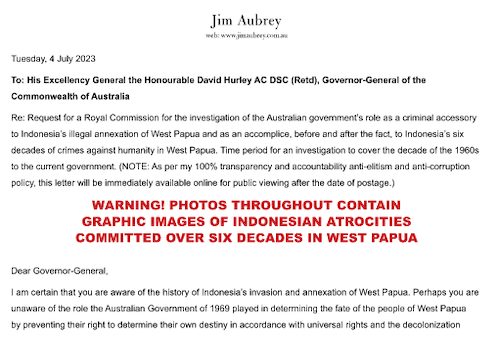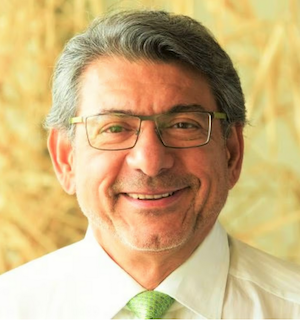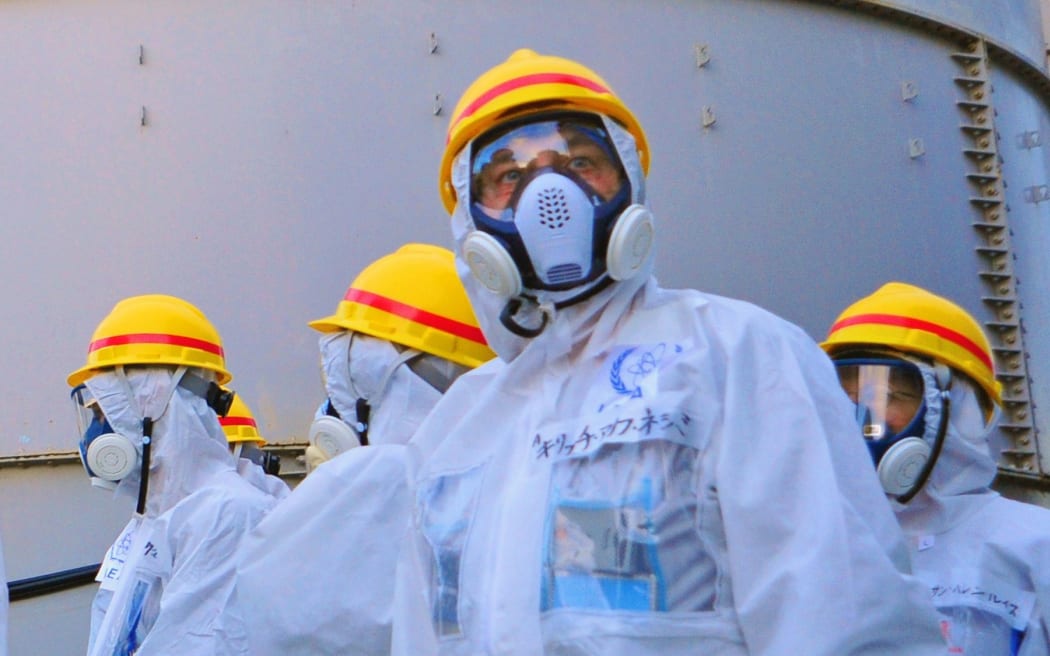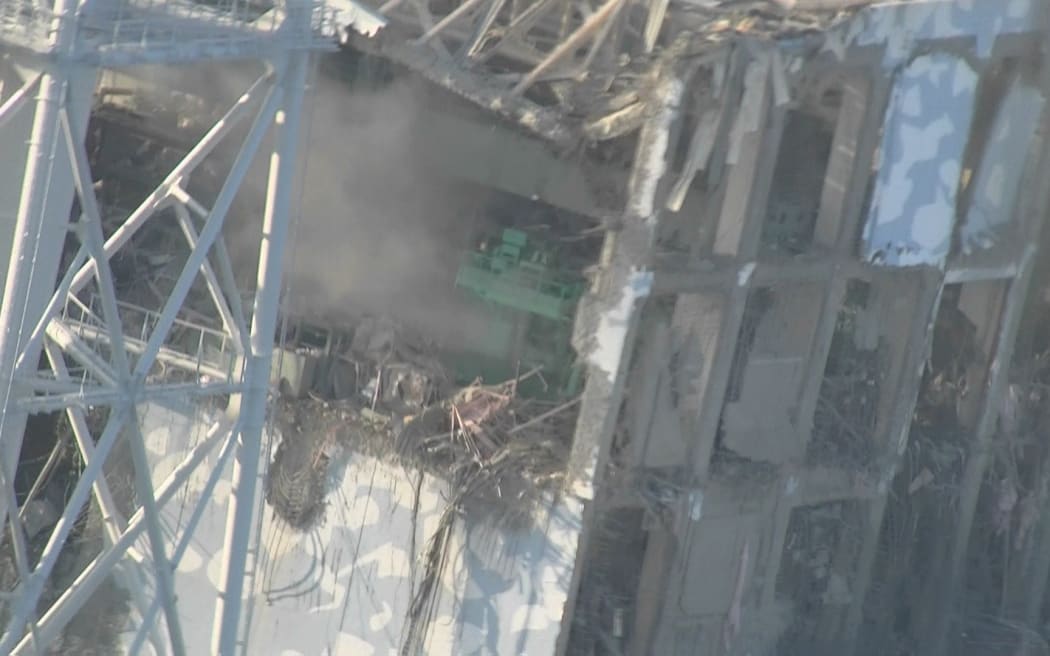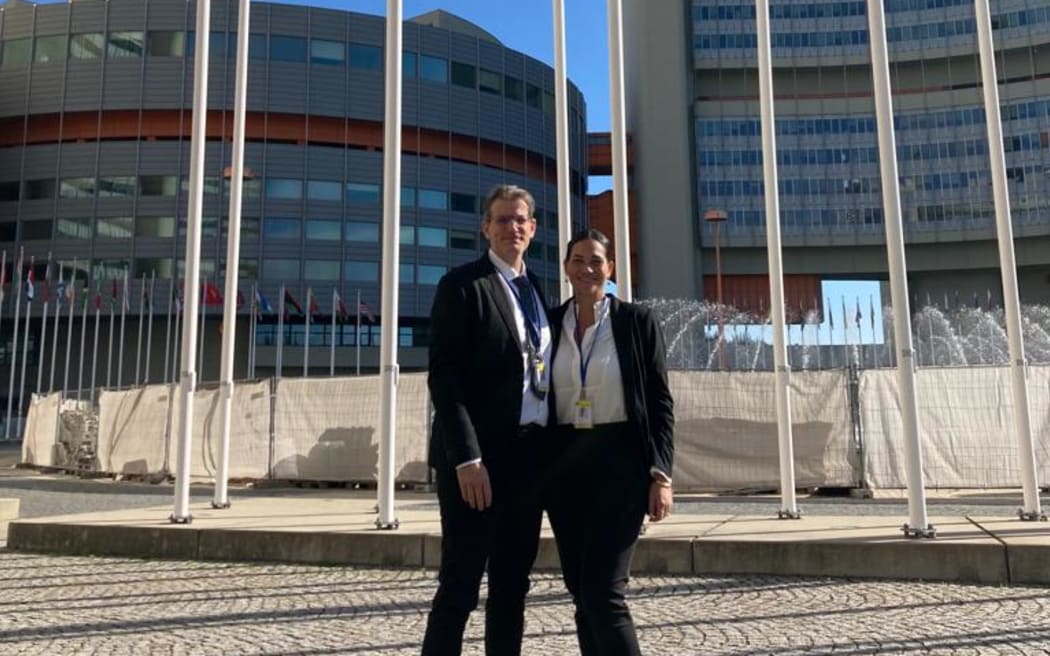The prime minister of the Solomon Islands has accused the United States and Australia of meddling in the Pacific island country’s affairs after they called for making public the police cooperation agreement it recently signed with China.
Manasseh Sogavare returned home on Monday after a weeklong official visit to China, his second since his country switched its diplomatic recognition to Beijing from Taiwan in 2019.
“The narrow coercive diplomatic approach of targeting China-Solomon Islands relations is unneighborly and lacks respect for established international principles under the United Nations Charter,” he told reporters at the international airport outside Honiara. “This is nothing but interference by foreign states into the internal affairs of Solomon Islands.”
China and the Solomon Islands signed nine agreements during Sogavare’s visit, including for police cooperation. The U.S., Australia and the Solomon Islands’ opposition leader last week called for China and the Solomons to make the policing pact public, underscoring their concerns that the agreement could undermine regional stability.
Home to about 700,000 people, the Solomon Islands has become a hotspot in the escalating Sino-U.S. competition for influence in the Pacific. It signed a secretive security pact with China last year, alarming the U.S. and its allies such as Australia, who see the agreement as a possible prelude to a Chinese military presence in the region. Neither China nor the Solomons has released the security agreement but a purported draft of it circulated online.
Under Sogavare, the Solomon Islands has sought to benefit from the rivalry between the superpowers by securing more development assistance. The South Pacific country, an archipelago about 2,100 kilometers (1,300 miles) northeast of Brisbane, Australia, grapples with crumbling roads, limited telecommunications and lack of basic healthcare.
Sogavare said Australia and the United States had nothing to fear from the police cooperation agreement with China.
It is a three-year agreement that complements the Pacific country’s police cooperation with Australia and New Zealand, he said, adding it aims to increase the police force’s capabilities and will contribute to eventual self-reliance.
Australia led a military intervention in the Solomon Islands from 2003 to 2017 after the country descended into lawlessness and ethnic strife at the turn of the century. Australian troops returned to the country at the request of its government in late 2021, after anti-government and anti-China rioting in the capital Honiara left its Chinatown torched.
“The time has come for Solomon Islands to empower its police force, invest in stability and break the dependency it has on external security arrangements,” Sogavare said.
‘Not anyone’s backyard’
The competition for influence in the Solomons has increasingly spilled into domestic security, raising concerns it could cause new instability.
China and Australia have been training Solomon Islands police and donating equipment, including water cannons gifted by China and guns courtesy of Australia. In the past month, the Solomons has been given seven Nissan X-Trail SUVs from Australia as well as night-vision devices, drones, a wireless signal jammer and two vehicles from China.
Sogavare went to China after Australia earlier this month offered to extend a military and police deployment in the Solomon Islands. The Pacific island country is preparing to host a regional sporting event later this year – bankrolled by China, Australia and Indonesia – and hold postponed elections in the first half of 2024.
While in China, Sogavare was feted by its leaders and in turn he lavished praise on his hosts. When greeted in Beijing by Chinese officials, he said he was back home.
In interviews with Chinese state media, he lauded China’s international diplomacy such as its “wonderful” global security initiative and said the country threatened no one.
“All I want is for our beloved country to develop,” Sogavare said at the airport press conference.
“For forty-five years [since independence] we’ve been left by the wayside and treated as someone else’s backyard,” he said. “We are not anyone’s backyard. We are a sovereign country and we want to be treated with respect, as equals.”
BenarNews is an RFA-affiliated online news organization.
This content originally appeared on Radio Free Asia and was authored by By Gina Maka’a for BenarNews.
This post was originally published on Radio Free.



